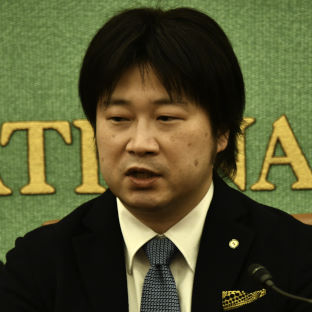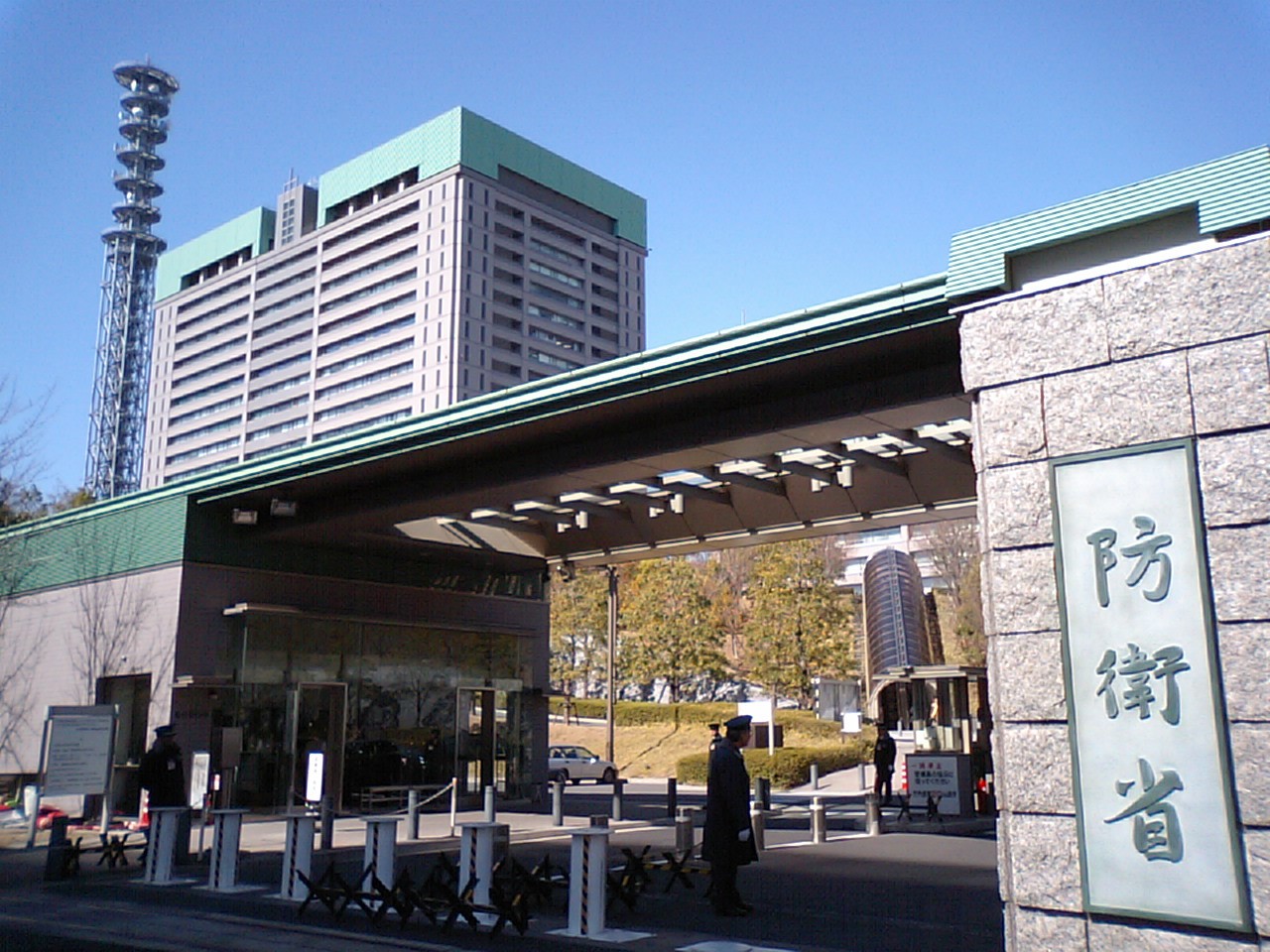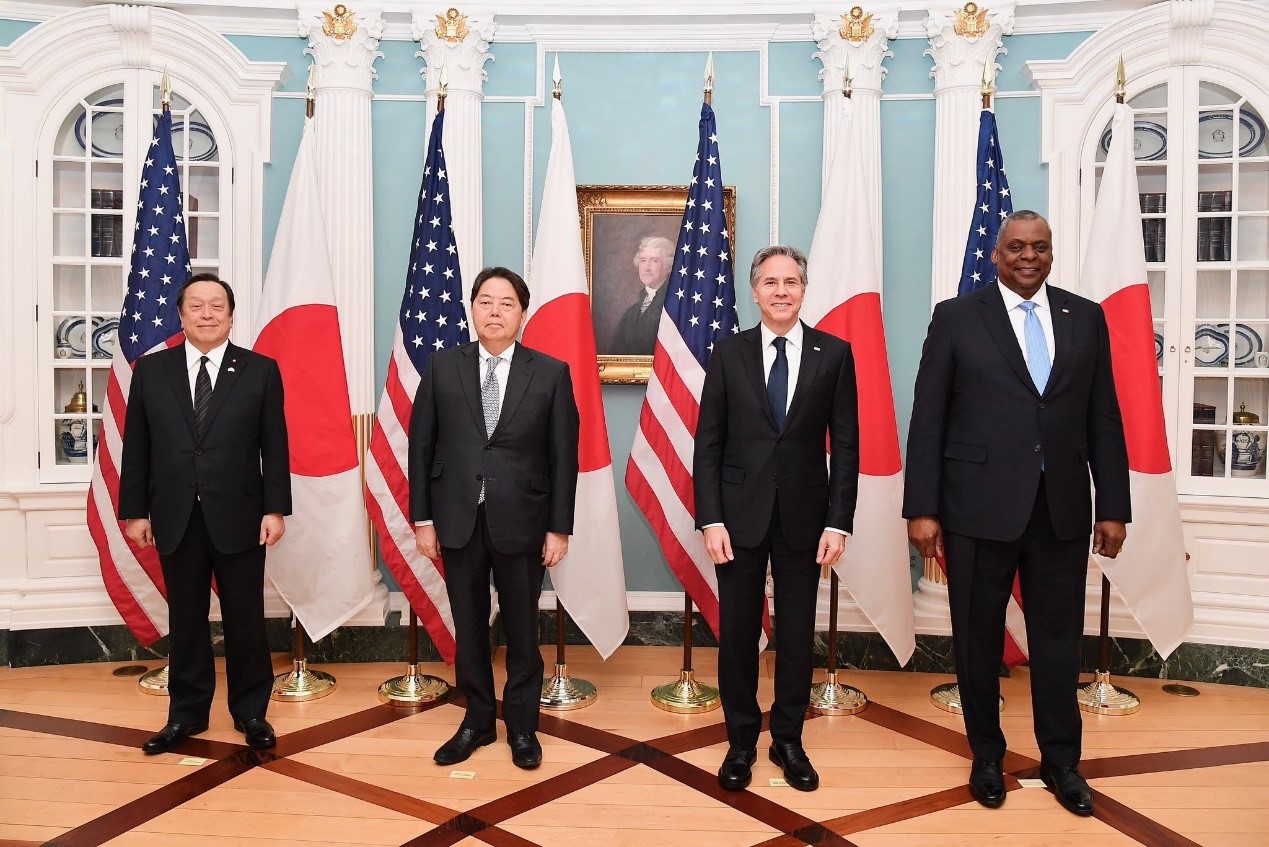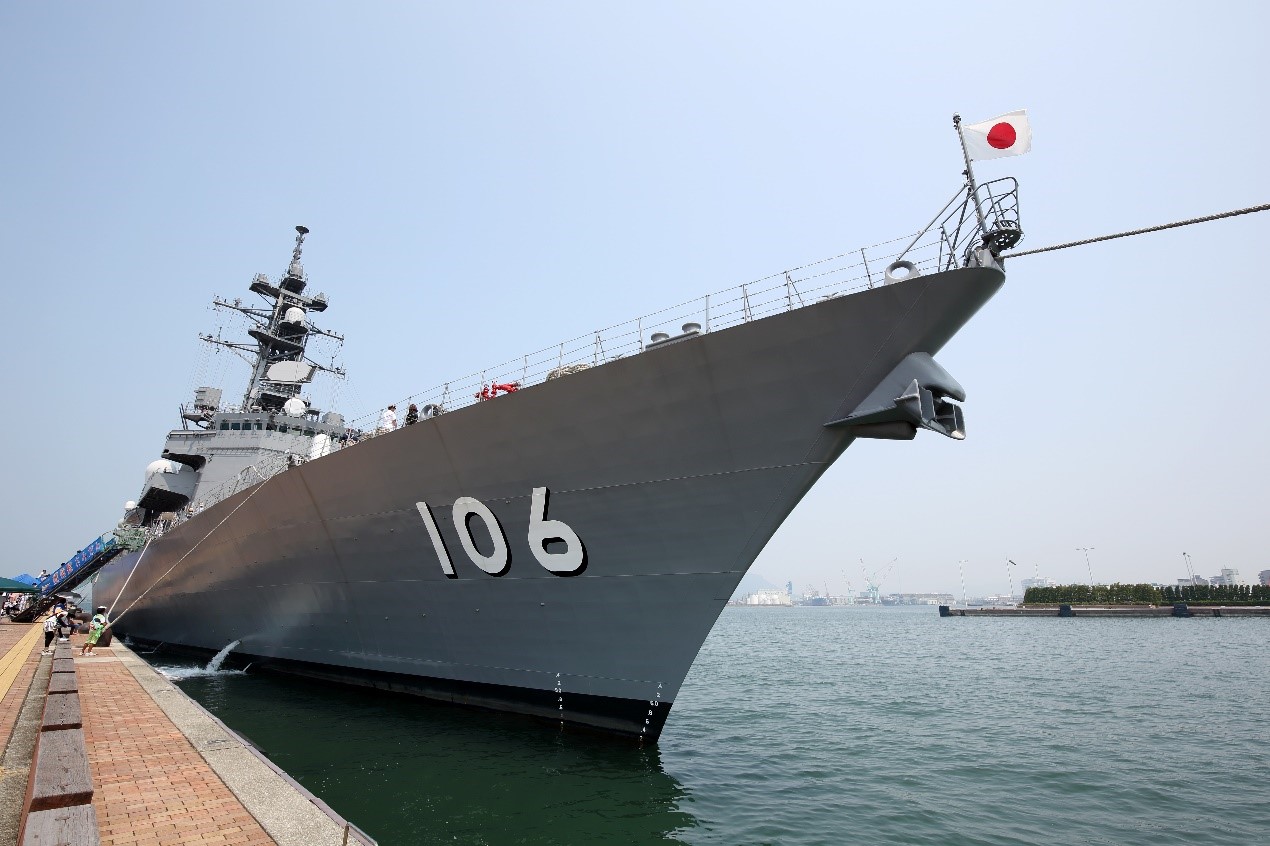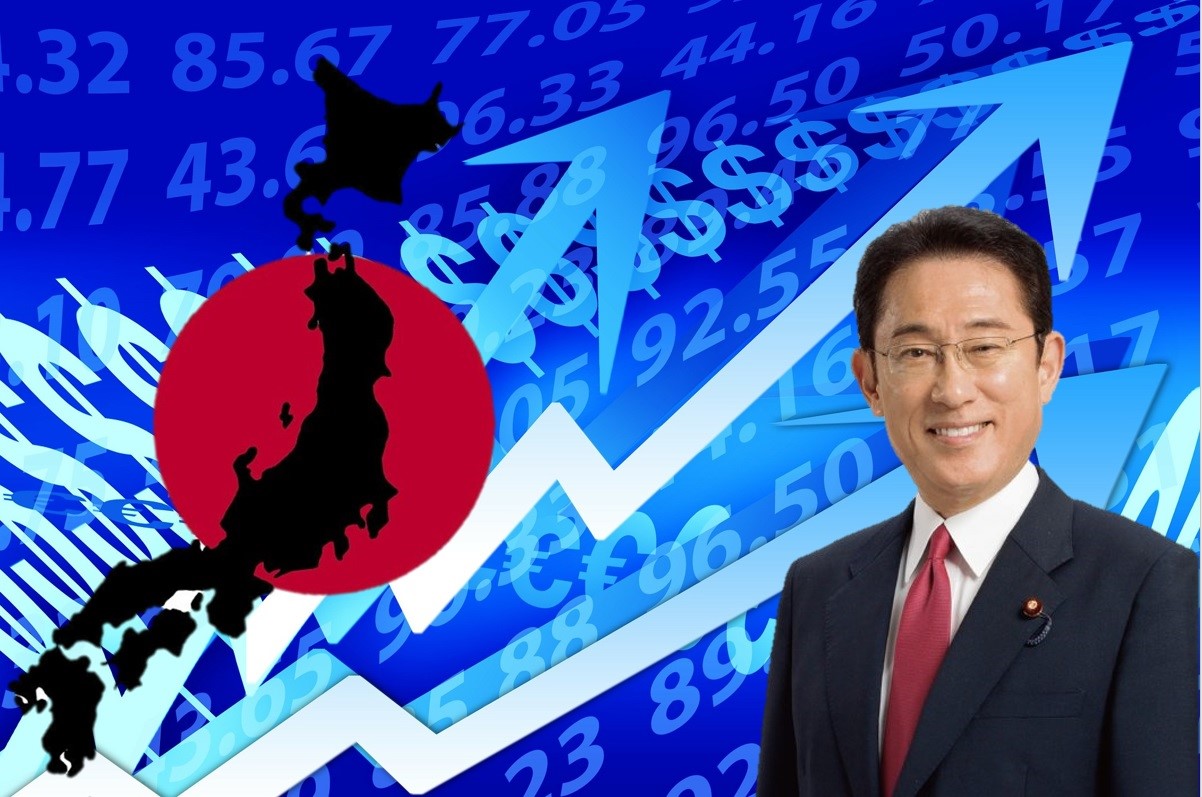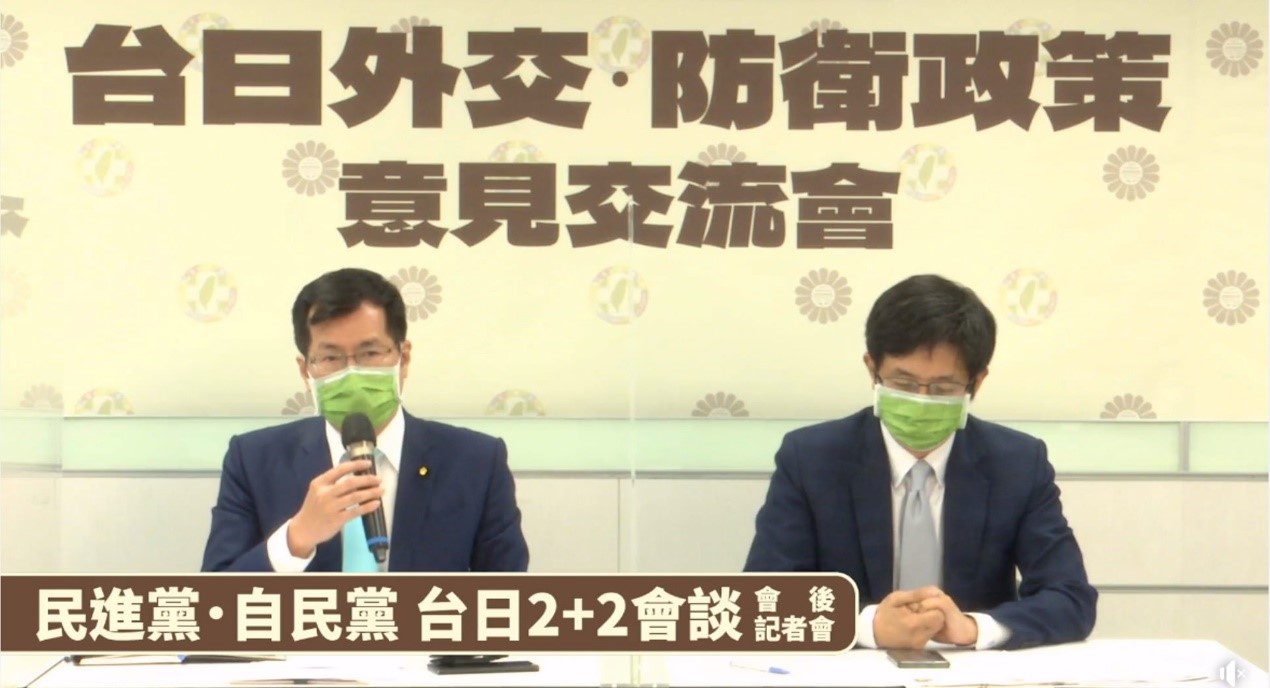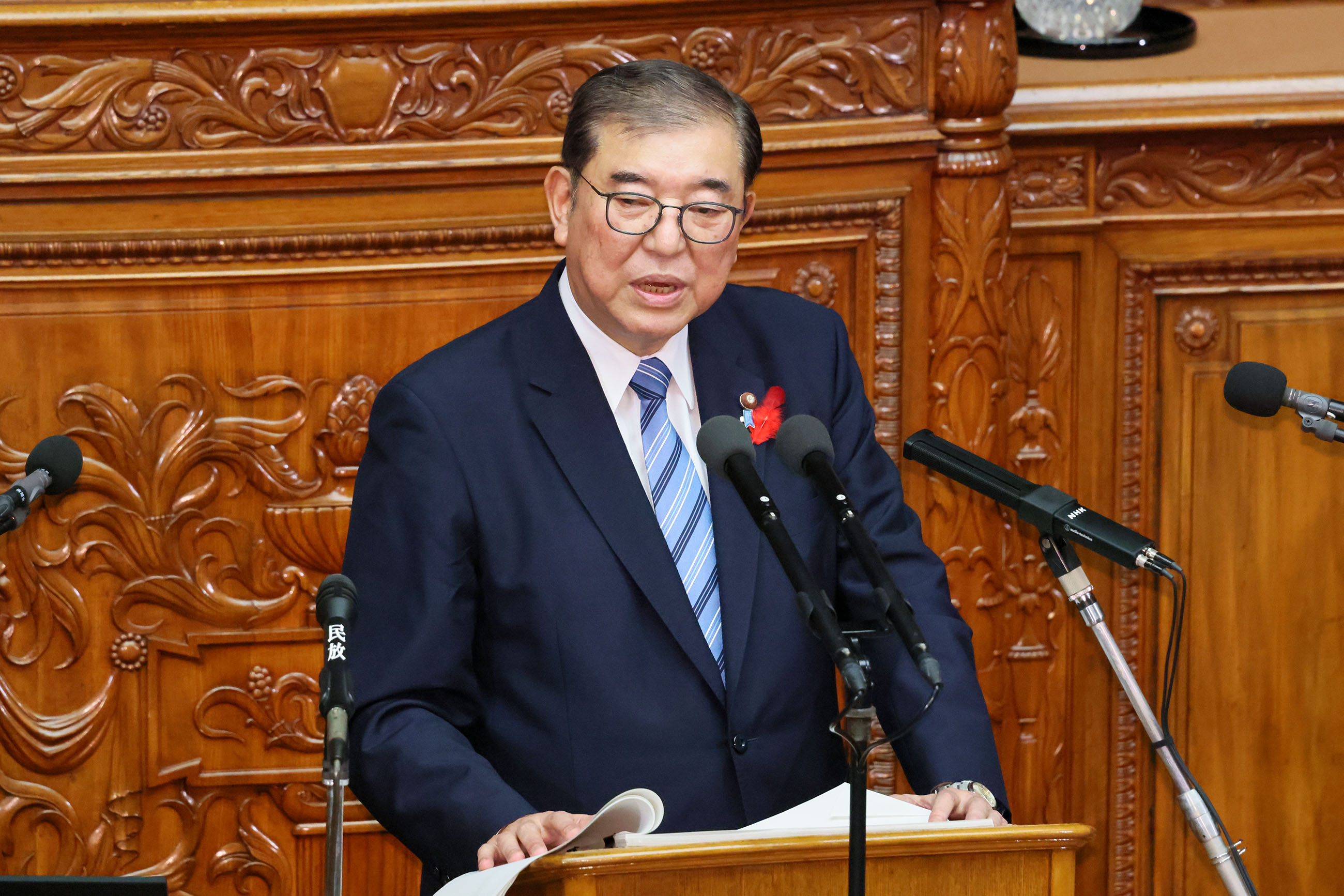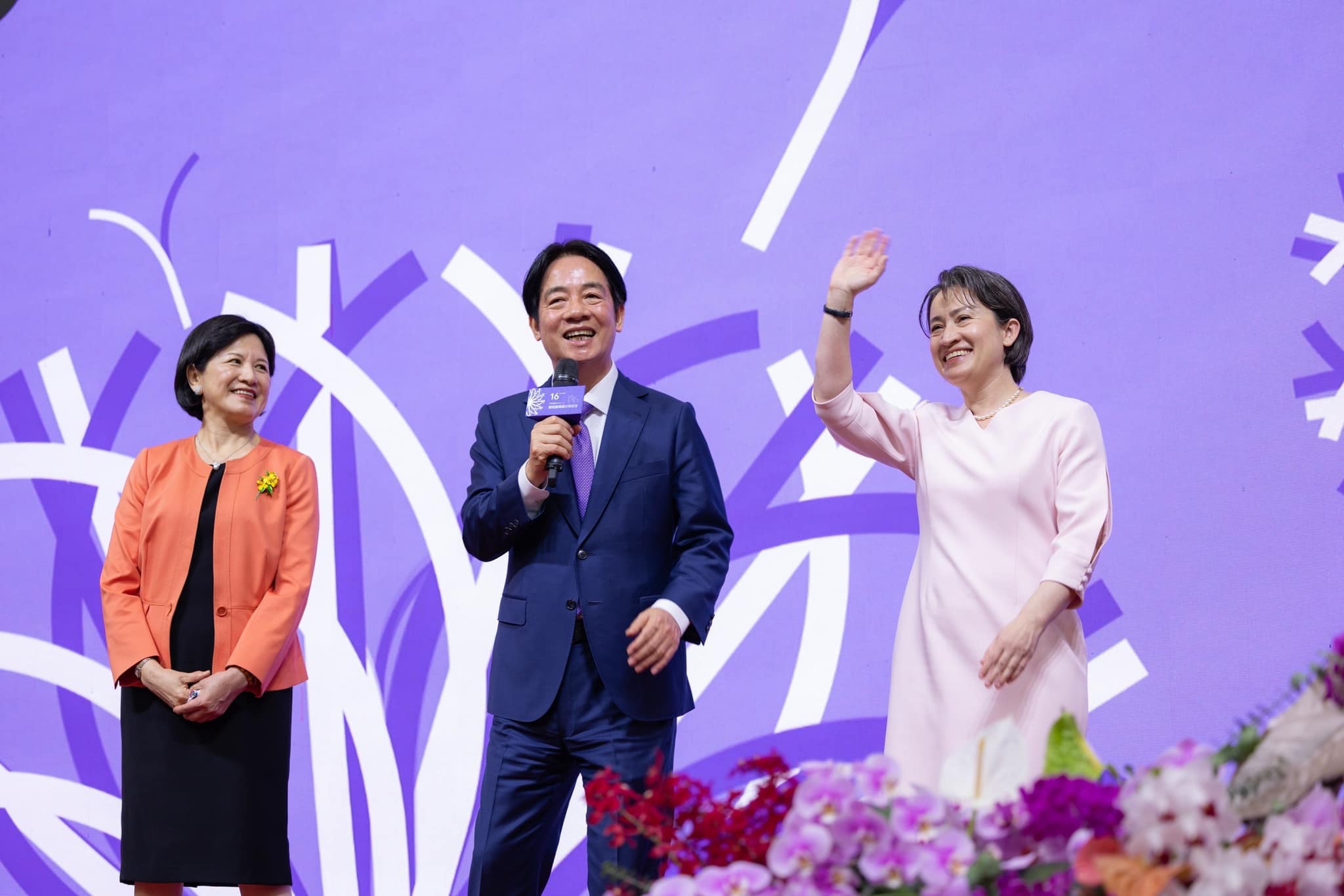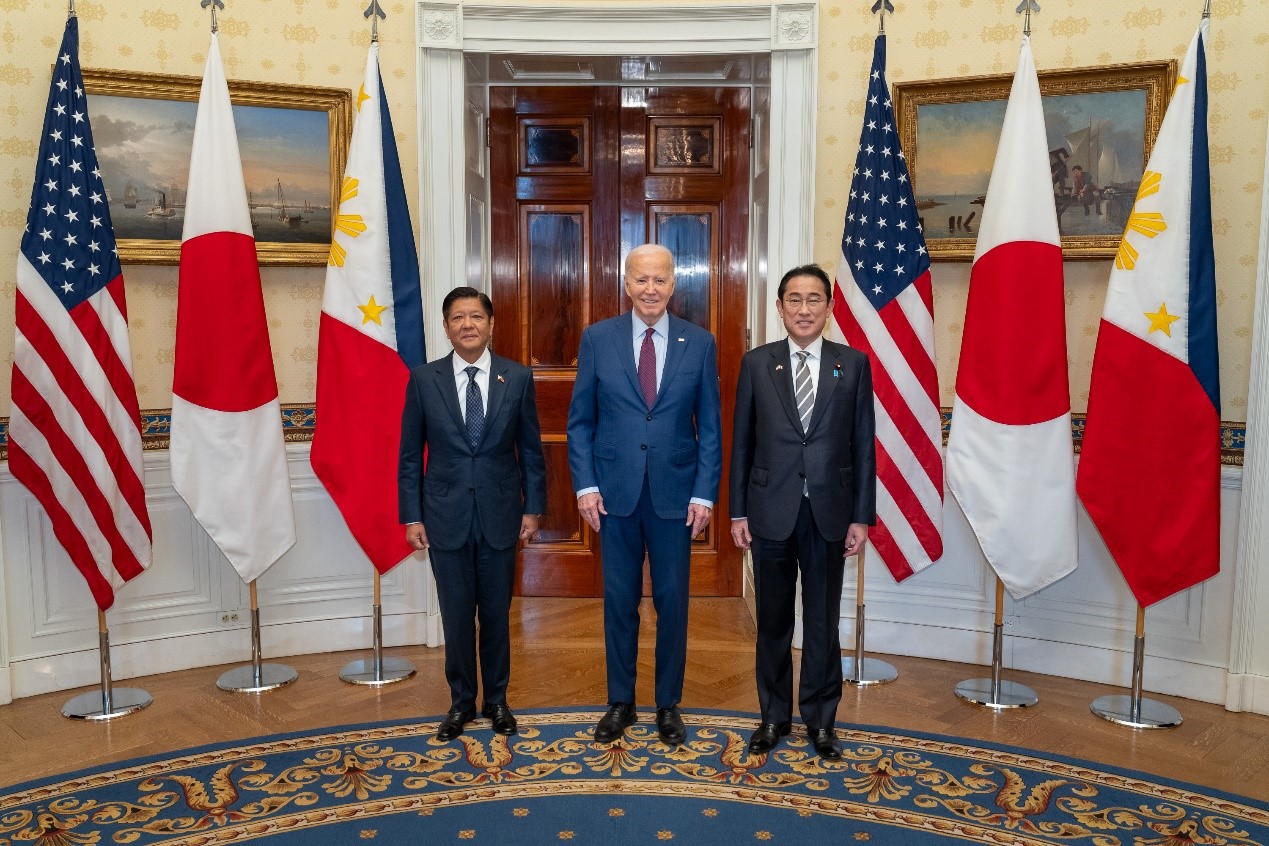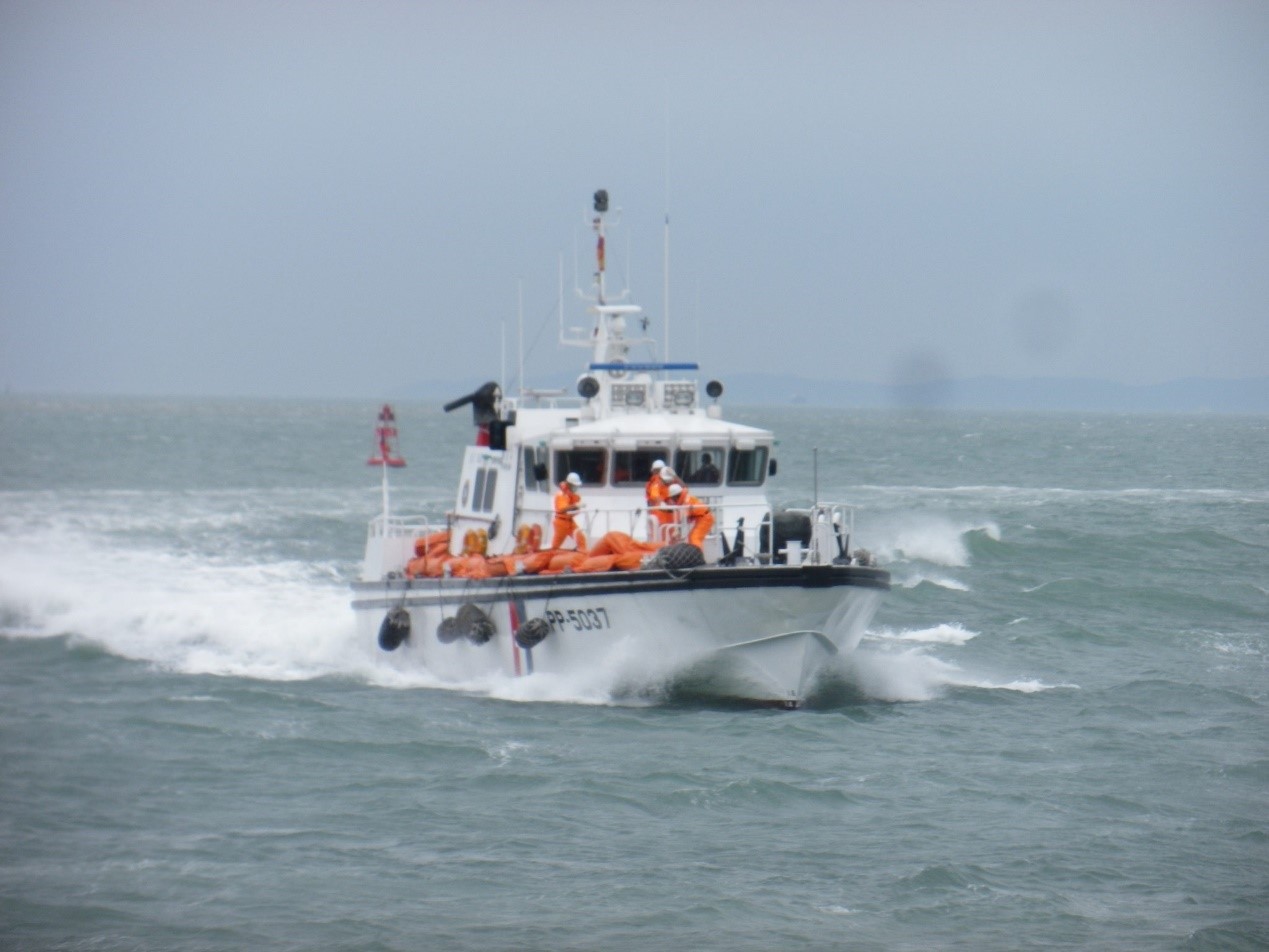Japan to Upgrade Defense Ties with Taipei by Dispatching a MOD Official
Whether Tokyo will seek more official relations with Taipei largely depends on Beijing’s behavior. If Beijing continues to increase its military pressure on Taiwan, Tokyo will have no choice but to upgrade its security cooperation with Taipei for its own national security interests as well as regional stability.
Picture source: Ministry of Defense (Japan), February 26, 2008, Wikipedia, https://zh.wikipedia.org/wiki/%E9%98%B2%E8%A1%9B%E7%9C%81%E5%B8%82%E8%B0%B7%E5%9C%B0%E5%8D%80#/media/File:Ministry_of_Defense2.JPG.
Prospects & Perspectives No. 42
Japan to Upgrade Defense Ties with Taipei by Dispatching a MOD Official
By Tetsuo Kotani
Japanese media in June reported that Tokyo plans to station an active-duty Ministry of Defense (MOD) official at the Japan-Taiwan Exchange Association — Japan’s unofficial embassy in Taiwan — this summer. The dispatched MOD official will not be a uniformed officer of the Japan Self-Defense Forces (JSDF), but rather a civilian official. A retired JSDF flag officer has been stationed at the Association since 2003, serving as a de-facto defense attaché. The new addition to the Association’s defense team reflects Tokyo’s growing concern about cross-Strait relations.
There have been no diplomatic relations between Japan and Taiwan since the normalization of diplomatic relations between Japan and China in 1972. The Taipei office of the Japan-Taiwan Exchange Association has been responsible for de facto embassy operations since then. Employees from the Ministry of Foreign Affairs, the Ministry of Economy, Trade and Industry, the National Police Agency, the Japan Coast Guard, and other ministries are seconded to the Association as “civilians.”
Due to inadequate military information gathering during the Taiwan Strait Crisis of 1996, Tokyo decided to station a retired JSDF officer in 2003, but the government has avoided dispatching active-duty JSDF officers due to concerns about a backlash from Beijing. As tensions across the Taiwan Strait grew in recent years, there have been calls in Tokyo for dispatching active-duty JSDF officers to Taipei instead of retired officers. The Japanese government, however, decided to dispatch a civilian official this time for fear of provoking China.
Still, the dispatch of a civilian official means a lot for Japan’s Taiwan policy. The civilian official, along with the retired flag officer, will further strengthen information gathering and coordination with their Taiwanese counterparts. This is important especially for understanding Taipei’s national defense planning and preparing a possible noncombatant evacuation operation for Japanese nationals in time of crisis.
It is also expected that the two-person system enhances coordination with American officials at the American Institute in Taiwan (AIT). Tokyo and Washington have reaffirmed the importance of peace and stability in the Taiwan Strait, and the two governments are now coordinating their response to a Taiwan contingency. Active-duty U.S. uniformed officers from the Army, Navy, and Air Force are stationed at AIT, while the Marine Corps guard the building. Reportedly, the United States has an operational plan (OPLAN 5077) to respond to a Chinese invasion of Taiwan, so Japan’s civilian official and the retired flag officer could become liaison officers during a possible invasion.
Washington has not changed its policy of strategic ambiguity on whether it would intervene in an armed conflict in the Taiwan Strait. However, given the situation in Ukraine, there is a clearer indication that the United States would keep providing defensive weapons and ammunition to Taiwan to help it defend itself against a Chinese invasion. In such a case, it is likely that Japan would provide storage sites on its territory for incoming U.S. weapons just as Poland is doing to support Ukraine. The transfer of weapons and ammunition from Japan to Taiwan would be a very dangerous operation as China is expected to blockade Taiwan or even southwestern islands of Japan. Having an active-duty Japanese defense official as a liaison in Taipei would be indispensable for such a risky operation.
From a long-term perspective, it is good to have an active-duty civilian MOD official in Taipei as there is no chance for Japanese MOD officials to visit Taiwan otherwise, except for scholars at the National Institute for Defense Studies (NIDS). The civilian official will report to MOFA, not MOD, while in Taipei. But those officials dispatched to Taipei could become valuable experts on Taiwan after their terms expire, and contribute to policy-making inside MOD or the National Security Secretariat.
The question is whether or not Tokyo will send active-duty uniformed officers to Taipei in future. The Japanese government has been cautious on this issue, as it sticks to maintaining only “unofficial relations” with Taipei. At the leaders’ summit in May 2022 in Tokyo, both Japanese Prime Minister Fumio Kishida and U.S. President Joe Biden reaffirmed there has been no change in their respective one-China policies. So, under the current circumstance, it is unlikely Tokyo will make any drastic change of its cautious position.
On the other hand, it is expected that the Japanese parliament will strengthen its engagement with Taipei. It is in fact a legacy of former Prime Minister Abe Shinzo. While in office, even Abe was not successful in upgrading Japan-Taiwan official relations (perhaps one exception was Japan’s participation in the U.S.-Taiwan Global Cooperation and Training Framework, or GCTF, a platform for the development of human resources on areas of common interest for the region such as public health and environmental issues). Abe repeatedly stated that a Taiwan contingency would be a Japan contingency. This view is widely shared among Japanese parliament members, and the legislative branch can take the lead in strengthening Japan-Taiwan security cooperation on behalf of the more reluctant executive branch.
Nevertheless, several factors could change the Japanese government’s position. As mentioned, the United States has been dispatching active-duty military officers to AIT without serious diplomatic problem with Beijing. If so, why could Japan not follow suit? Moreover, Tokyo’s current view on cross-Strait relations is based on the presumption that the two sides of the Strait seek a peaceful resolution to the conflict. If Tokyo sees Beijing is no longer pursuing a peaceful resolution, Tokyo will not be bound by its longstanding “one-China” policy and could build up official relations with Taipei.
In short, whether Tokyo will seek more official relations with Taipei largely depends on Beijing’s behavior. If Beijing continues to increase its military pressure on Taiwan, Tokyo will have no choice but to upgrade its security cooperation with Taipei for its own national security interests as well as regional stability. In the meantime, Tokyo will continue to expand unofficial relations with Taipei, including parliamentary exchanges.
(Dr. Kotani is Professor, Meikai University/Senior Fellow, Japan Institute of International Affairs)

